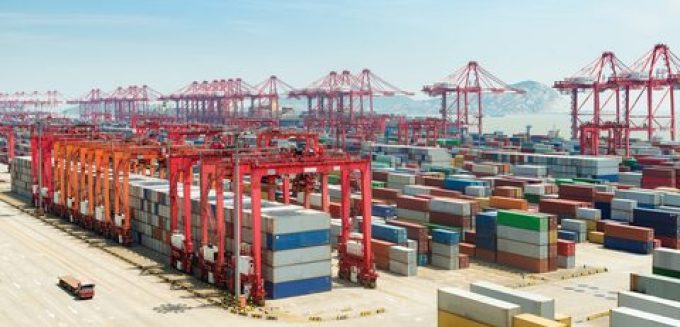Transpacific sees first major MSC blanks as rates fall and volumes falter
Following nine weeks of consecutive declines in spot freight rates on the transpacific, carriers are ...

The capacity crunch following carrier decisions to veto Red Sea routes will leave shippers with little choice but to pay premium rates, despite having long-term contracts.
Crowd-sourced freight rates platform Xeneta said the Red Sea shipping crisis would get worse before it got better, and shippers needed to “get their act together quickly” to secure capacity in the run-up to Chinese New Year next month.
In its latest analysis, Sea-Intelligence also warned that shippers exporting from Asia would have limited ...
Volcanic disruption at Anchorage could hit transpacific airfreight operations
Macron calls for ‘suspension’ – CMA CGM's $20bn US investment in doubt
Forwarders stay cool as US 'liberation day' tariffs threaten 'global trade war'
De minimis exemption on shipments from China to the US will end in May
Shippers snap up airfreight capacity to US ahead of tariff deadline
Tighter EU import requirements proving 'a challenge' for forwarders
Looming Trump tariffs will create 'a bureaucratic monster' for Customs

Comment on this article